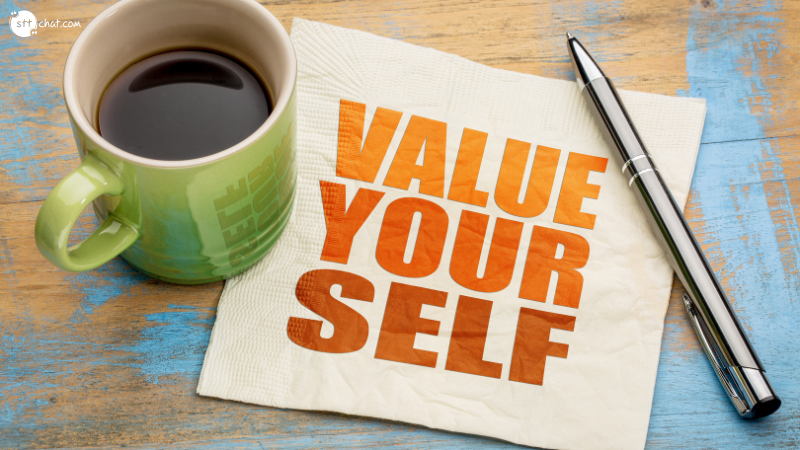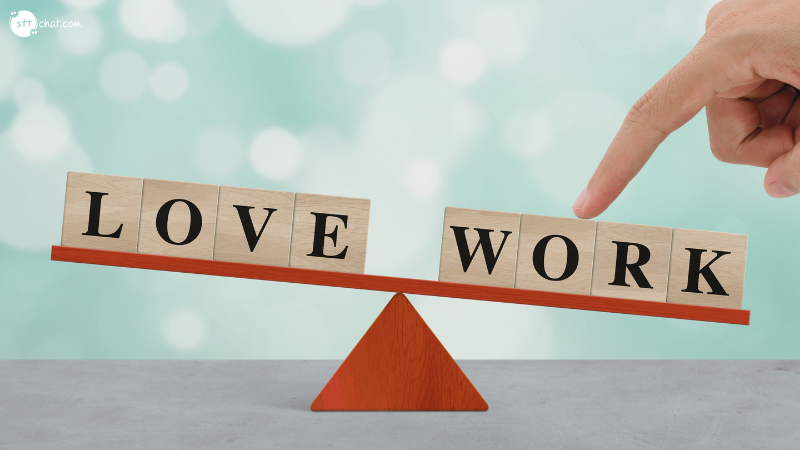A Story of Materialism and Self-Worth
In a bustling city, there lived a young man named Alex. From a young age, Alex was taught that success meant having the best of everything. His parents, both successful in their careers, believed in the importance of material wealth. They often told Alex that to be happy, he needed to work hard and acquire the finest things in life luxury cars, a large house, and designer clothes.
Following his parents' advice, Alex pursued a high-paying job in finance after graduating from a prestigious university. He quickly climbed the corporate ladder, earning promotions and bonuses. With his growing income, Alex indulged in the finest things money could buy. He bought an expensive sports car, moved into a luxurious apartment, and filled his closet with designer clothes. On the surface, Alex appeared to have it all wealth, status, and success.
However, despite all his possessions, Alex felt an emptiness inside. He was constantly striving for more, always looking for the next big purchase that would bring him happiness. He believed that if he just had the latest gadget, a bigger apartment, or a more expensive car, he would finally feel fulfilled. But no matter how much he acquired, the satisfaction was fleeting. The excitement of a new purchase would quickly fade, leaving him with a lingering sense of dissatisfaction.
One day, while browsing in an upscale mall for yet another item to add to his collection, Alex bumped into an old friend, Sarah. Unlike Alex, Sarah lived a simple life. She worked as a teacher and lived in a modest apartment. She did not own a car and often walked or used public transportation. Despite her humble lifestyle, Sarah was always cheerful and content.
Curious about her happiness, Alex asked Sarah, "How do you stay so happy when you don’t have much?" Sarah smiled and replied, "I don’t measure my worth by what I own. I value experiences, relationships, and personal growth more than material things. I find joy in the simple things, like reading a good book, spending time with friends, and helping my students learn and grow."
Her words struck a chord with Alex. He realized that he had been measuring his self-worth by the things he owned rather than by who he was as a person. He had become so focused on accumulating wealth and possessions that he had lost sight of what truly mattered in life inner peace, self-respect, and meaningful relationships.

Self-worth is not determined by material wealth but by the values, experiences, and connections that truly enrich our lives. Source: Internet
That night, Alex went home and looked around his luxurious apartment. For the first time, he saw his possessions not as sources of happiness but as distractions from his true self. He felt a deep sense of regret for having neglected his inner self and his relationships with others. He had valued things over his own well-being and happiness.
Determined to change, Alex decided to simplify his life. He began by decluttering his apartment, selling or donating items he no longer needed. He replaced his expensive car with a more practical one and stopped buying things just for the sake of having them. Instead, he started focusing on his personal growth, taking up hobbies that brought him joy, like painting and reading. He also made an effort to reconnect with friends and family, realizing that his relationships were far more valuable than any material possession.
Over time, Alex noticed a profound change in himself. He felt lighter, freer, and more at peace. He no longer felt the need to prove his worth through material possessions. Instead, he found value in who he was as a person and in the connections he made with others. Alex finally understood the truth behind Bruce Lee's words: "The more we value things, the less we value ourselves."
Explaining the Meaning of the Quote
The quote "The more we value things, the less we value ourselves" by Bruce Lee speaks to the dangers of materialism and the importance of self-worth. When we place too much importance on material possessions such as wealth, cars, and designer clothes we often lose sight of what truly matters in life. We begin to equate our self-worth with our net worth, believing that having more will make us happier or more successful. However, this focus on material things can lead to a lack of fulfillment and inner peace.
The quote encourages us to look beyond material possessions and focus on valuing ourselves for who we are, not what we have. It reminds us that true happiness and self-worth come from within, from nurturing our personal growth, relationships, and passions. When we stop measuring our worth by the things we own, we free ourselves from the endless cycle of wanting more and begin to appreciate the richness of our inner lives.

True happiness and self-worth come from within, from nurturing our personal growth, relationships, and passions. Source: Internet
Conclusion
The quote underscores the significance of self-worth over material possessions. It suggests that true happiness and fulfillment stem not from external possessions but from one's inner self and lifestyle. By prioritizing personal growth, relationships, and inner reflection, one can discover a deeper sense of purpose and contentment. The quote serves as a reminder to shift focus from accumulating things to appreciating the simple, meaningful aspects of life. It emphasizes that self-worth is not determined by material wealth but by the values, experiences, and connections that truly enrich one's life.






